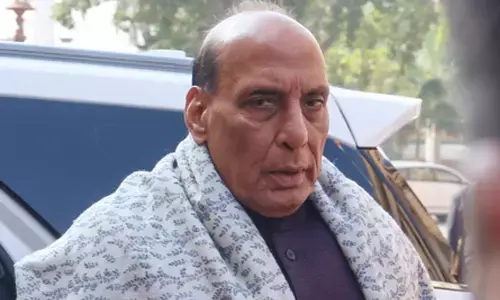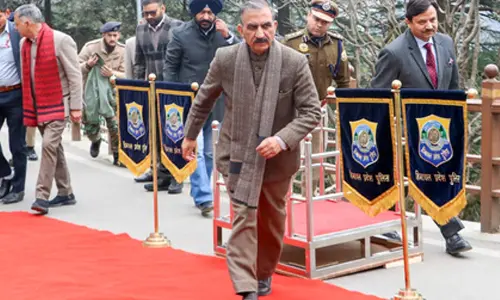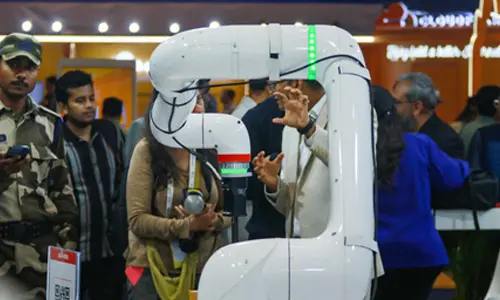A Beginner Guide to Start Currency Trading in India

A Beginner Guide to Start Currency Trading in India
While currency trading can help you generate lucrative returns, it is also a high-risk investment opportunity. Things become even more challenging when you trade in a country like India. Besides strict regulatory restrictions, Indian traders have limited options to trade.
While currency trading can help you generate lucrative returns, it is also a high-risk investment opportunity. Things become even more challenging when you trade in a country like India. Besides strict regulatory restrictions, Indian traders have limited options to trade.
Confusion concerning the legality of forex trading in India sometimes also becomes an entry barrier for many potential traders.
This piece aims to serve as a trading guide for beginners.
How to trade forex in India? - A step-by-step guide for beginners
With $6.6 trillion worth of volume, the forex market is one of the most liquid markets in the world. However, it is equally volatile and carries excessive risk exposure. Therefore, forex trading might not suit everyone, especially for beginners. To protect traders against adverse market movement, the Indian government applies various restrictions on currency trading. For example
♦ Investors can only open positions in pairs involving Indian rupees.
♦ Traders can only trade currency derivatives.
♦ Clients can trade with exchange-regulated brokers only.
Not to mention, you can also trade three cross-currency pairs, including GBPUSD, EURUSD, and USDJPY in India.
Below are a few steps to help you know where and how to start;
Step 1: Open an account with an exchange regulated broker
Traders need to sign up with a regulated broker. The Securities and Exchange Board of India (SEBI) regulates exchanges and brokers dealing in forex trading. Therefore, make sure that your prospective broker holds SEBI regulations before signing up with it.
Step 2: Verify your account
Traders need to complete the KYC process to verify their accounts. Clients can submit the following documents to confirm their identity.
I. National ID Card/ Passport/Driving license Copy
II. Bank Statement/ Utility bill
Step 3: Deposit funds in your account
To start trading currencies, you need a funded account. Usually, brokers offer multiple payment methods. Check the available options with your prospective broker and select the one that suits you.
Step 4: Access the trading platform
Traders need a trading platform to connect to the forex market. MetaTrader4 and MetaTrader5 are the industry's most popular trading platforms. However, brokers also offer their custom-built proprietary trading platforms. You have the choice to access a trading platform online or use it on a desktop. Clients can also install a trading platform on their mobile phones.
Step 5: Start placing trades
Once you are done with all the prerequisites, you are all set to begin trading. Sign in to your trading platform using your live account credentials. After logging into a trading platform, find the permissible trading pairs on the market watch and start placing trades.
Important Things to Remember
Opening a forex account with a non-regulated broker is a non bailable criminal offense in India. Besides being charged with hefty financial penalties, you could face imprisonment.
Final Words
Despite strict regulations, forex trading is becoming increasingly popular in India. After implementing the FEMA Act 1999, the Central government of India seems to be endeavoring further to relax forex trading restrictions in India.








